LONDON (AP) – Europeans scrolling through their phones and computers this week will get new choices about their default browsers and search engines, where to download iPhone apps and how their personal data is used online.
They are part of changes required by the Digital Markets Act (DMA), a set of European Union (EU) regulations that six tech companies – Amazon, Apple, Google parent Alphabet, Meta, Microsoft and TikTok owner ByteDance – have classified as “gatekeepers” will start tracking by Wednesday midnight.
The DMA is the latest in a series of regulations that Europe has adopted as a global leader in curbing the dominance of large technology companies. Tech giants have responded, sometimes reluctantly, by changing some of their long-standing ways of doing business, such as Apple allowing people to install smartphone apps outside of its App Store.
The new rules have broad but vague aims to make digital markets “fairer” and more “competitive”. They come as efforts around the world to crack down on the tech industry gather pace.
Here’s how DMA will work:
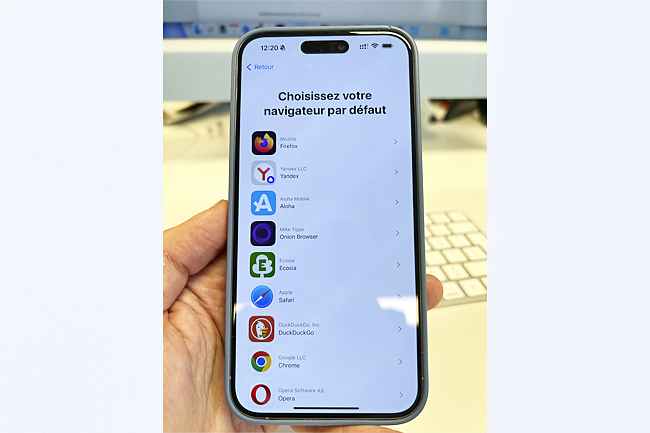
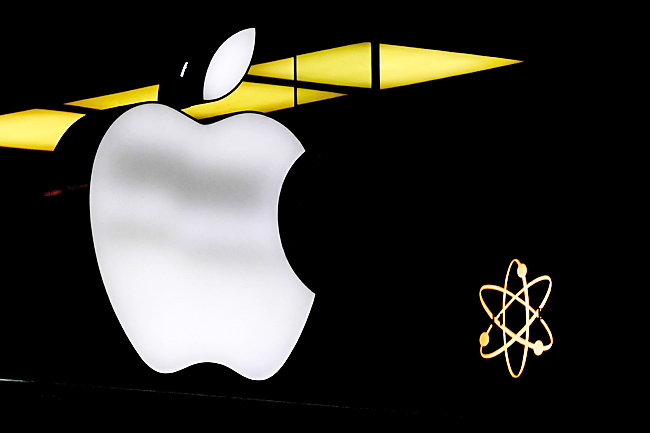
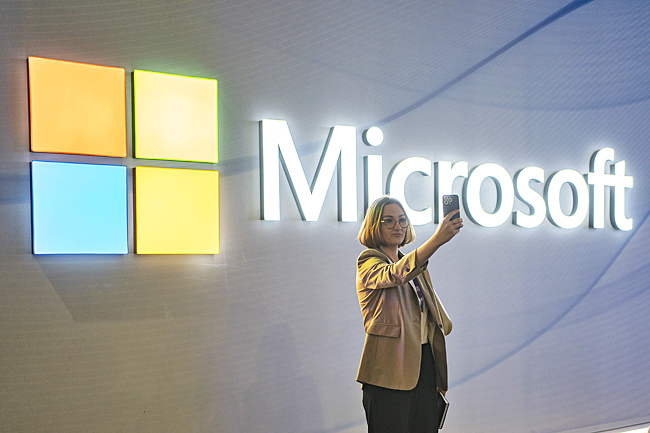
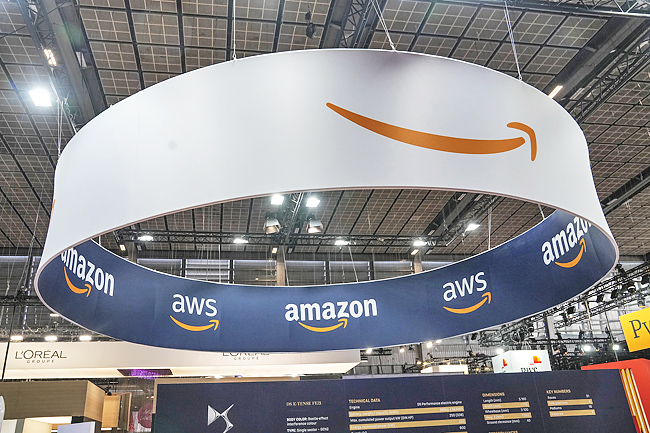
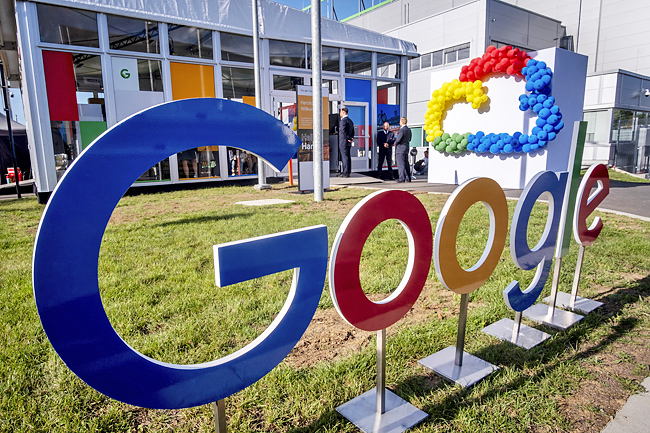
WHICH COMPANIES MUST FOLLOW THE RULES?
Some 22 services, from operating systems to messaging apps and social media platforms, will be targeted by the DMA.
These include Google services such as Maps, YouTube, the Chrome browser and the Android operating system, plus Amazon’s Marketplace and Apple’s Safari browser and iOS.
Meta’s Facebook, Instagram and WhatsApp are included, as well as Microsoft’s Windows and LinkedIn.
Companies face the threat of hefty fines worth up to 20 percent of their annual global revenue for repeated violations – which could reach billions of dollars or even the collapse of their business for “systemic violations”.
WHAT EFFECT WILL THE RULES HAVE ON THE GLOBAL TITLE?
The DMA is a new milestone for the 27-member EU in its long-standing role as a global trendsetter in the losing technology industry.
The EU has previously hit Google with huge fines in antitrust cases, introduced tough rules to clean up social media and is enacting the world’s first artificial intelligence regulations.
Now places like Japan, Britain, Mexico, South Korea, Australia, Brazil and India are drafting their own versions of DMA-like rules aimed at preventing tech companies from dominating digital markets.
“We’re already seeing copycats around the world,” said Bill Echikson, a senior fellow at the Center for European Policy Analysis. The DMA will “become the de facto standard” for digital regulation in the democratic world, he said.
Officials will look to Brussels for guidance, said Zach Meyers, associate director of the Center for European Reform.
“If it succeeds, many Western countries will likely try to follow the DMA to avoid fragmentation and the risk of taking a different approach that fails,” he said.
HOW WILL APP DOWNLOADING CHANGE?
In one of the biggest changes, Apple said it will allow European iPhone users to download apps outside of its App Store, which comes pre-installed on its mobile devices.
The company has long resisted such a move, and much of its revenue comes from the 30 percent fee it charges for payments — such as Disney+ subscriptions through iOS apps. Apple has warned that “sideloading” apps will have additional security risks. Apple is now reducing the fees it charges app developers in Europe who choose to stay within the company’s payment processing system. But it adds a €0.50 fee for each iOS app installed via third-party app stores, which critics say will deter many existing free apps – whose developers currently pay nothing – from jumping ship.
“Why would they even choose a world where they have to pay 50 cents per user?” said Spotify’s global director of competition policy, Avery Gardiner. “So those alternative app stores are never going to become popular, because they’re going to be missing this huge chunk of apps that would have to be there to make the store attractive to customers.”
“It completely contradicts the very purpose of the DMA,” Gardiner added.
Brussels will closely monitor whether tech companies comply.
EU competition chief Margrethe Vestager said this week that after 10 years in the job, “I’ve seen quite a number of antitrust cases and quite a lot of creativity built into how to get around the rules we have.”
HOW WILL PEOPLE GET MORE OPTIONS ONLINE?
Consumers will not be forced to choose default key services.
Android users can choose which search engine to use by default, while iPhone users will be able to choose which browser to use. Europeans will see election screens on their devices.
In the meantime, Microsoft will stop forcing people to use its Edge browser.